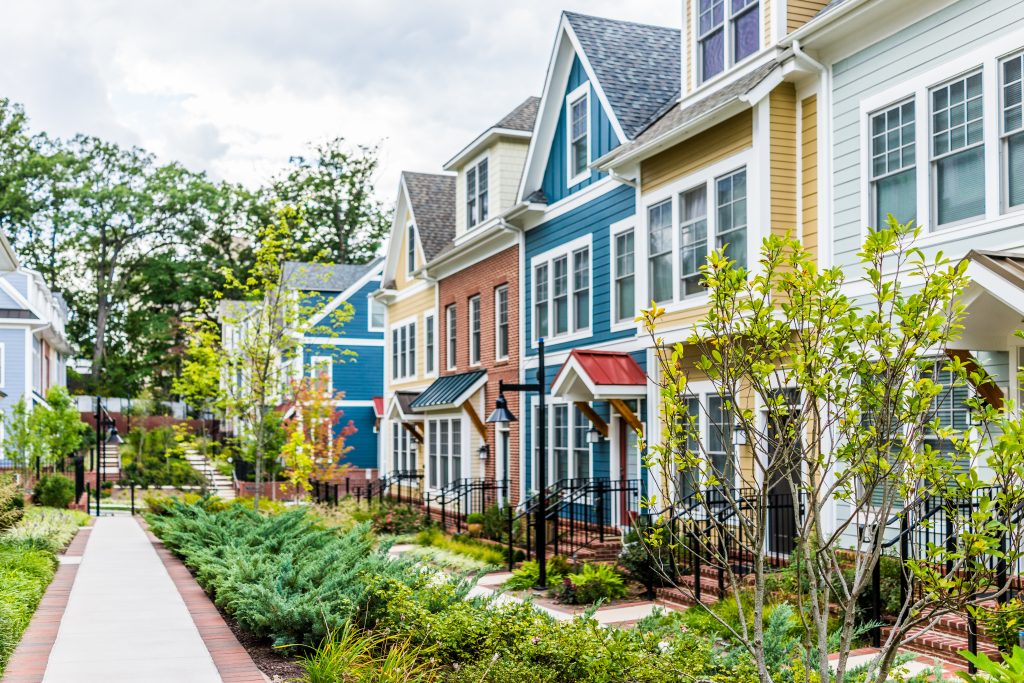The average property in the UK is now worth £250,000 following the highest annual growth the market has experienced since June 2016.
 New figures out today from the Office for National Statistics (ONS) demonstrate the profound impact the stamp duty holiday has had on the property market.
New figures out today from the Office for National Statistics (ONS) demonstrate the profound impact the stamp duty holiday has had on the property market.
The data, which is based on HM Land Registry property sales information, revealed prices grew by 7.6% over the year to November 2020.
Over the month to November there was a 5.9% rise in prices which the ONS said was the highest annual growth rate since June 2016.
This means the average house price in the UK is now £250,000.
Regional prices
England saw average house prices increase over the year by 7.6% to £267,000 while in Wales they grew 7% to £180,000.
In Scotland the average property was £166,000 in November following in increase of 8.6% and Northern Ireland experienced a 2.4% increase which pushed prices up to £143,000 on average.
In London the average house price surpassed £500,000 for the first time following growth of 9.7% over the year.
Iain McKenzie, CEO of the Guild of Property Professionals, said: “The record high in average UK house prices in November underlines the astonishing level of demand triggered by the Stamp Duty holiday.
“The lure of significant tax savings took a market that was already full steam ahead due to pent-up demand and sent prices even higher.
“Our members all reported unprecedented levels of activity during the closing stages of 2020. The usual seasonal slowdown simply did not materialise.”
First-time buyer challenge
There were concerns, with prices rising so steeply, that there would be a detrimental impact on first-time buyers.
Indeed, Gareth Lewis, commercial director of property lender MT Finance, was worried the price boom was creating further challenges in this market.
“While price rises are gratifying for homeowners,” he said, “these consistent increases in values are storing up problems for the future.
“How are first-time buyers in particular going to get on the housing ladder without significant help from the Bank of Mum and Dad?
“Incomes are rising but not at anything like the pace of house prices. We welcome the demand to move and transact but there are longer-term issues that the government needs to address at some point.”














